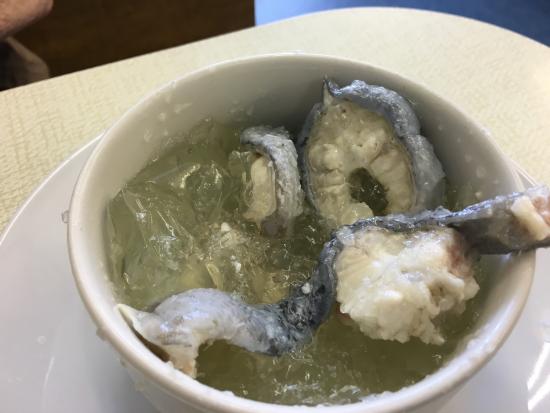
I wrote some stuff about food in Blades in the Dark the other day, and I’ll probably turn it into a blogpost, but there’s one point that came up in the discussion that I feel needs some highlighting.
One thing I did in my discussion was say “Ok, we have no sunlight, but we need some agriculture that thrives in the dark” and I went with root vegetables (potatoes, onions, garlic, turmeric, ginger, stuff like that) as being growable-but-weird. The reasoning for this was simple: things that grow underground seem like the things we’d expect to grow well in the dark.
Now, the thing is, this was reasonably called out as somewhat nonsensical. In reality, those plants need sunlight as much as anything else, so if I’m going to introduce dark tubers, why not just introduce dark everything?
I 100% understand where this question comes from, and I do not fault the person asking it, but I want to highlight it as something important. Specifically, I want to highlight it as a question which will destroy your world building1.
Bold claim, I know, but bear with me.
When you are building a world, there is a necessity for some consistency, but complete consistency is impossible to achieve for two reasons.
First, it is an infinitely complicated and boring process when taken to that level.
Second, actual life is staggeringly inconsistent, and things which are consistent feel super fake.
Now, everyone has their own approach to world building, and I’m just talking about what works for me here, but let me unpack how I walk this line: with bias. See, it is easy to imagine world building as a sort of pure intellectual exercise where you start from some fixed set of counterfactual elements, and then “build logically” from there. Now, this can be a SUPER fun exercise, and I totally encourage doing it for fun, but it has a dangerous edge to it when it creates a sense that there is a right answer to what the counterfactual world would look like. This illusion of certainty can result in us pretending that this is not an act of creation, but rather simply analysis, which becomes a real problem if we want to work and play with other human beings.
So, when I world build, I try to be cognizant of the things I want to see. Things like genre touchpoint or random cool stuff, as well as any elements of theme that I consider appropriate. These explicitly are not born from the setting being “logical”, but instead force me to bend and think to try to find ways to make them fit. This has a trio of benefits.
First, it’s fun. It’s my storytelling equivalent of the Apollo-13 tabletop dump.
Second, it keeps the world from entirely making sense. Adding these irritants to the mix is what adds eddies of color and shape to what otherwise may be uniform and uninteresting material.
Third, since these things are fun and thematic elements of the game, they improve play, because they help the world stay in line with expectations.
In the case of blades, I had a few needs (theme of darkness and a desire for fish and chips, plus the dark industrial tone of Duskvol) and potatoes lined up very well with all of those things, so I rolled with that. Now, I can ABSOLUTELY justify it2, but I can always justify whatever I come up with. The point is that the justification feeds the end rather than the reverse.
Not everyone’s going to be comfortable with that, but I encourage trying it. Worldbuilding that only makes sense tends to be very flat – throw in a little of your bias and taste, and I think you’ll find the results much more satisfying and fun (and, honestly, you’re already doing it, but acknowledging it makes you the owner of the process rather than its servant).
- Tangential nod to the Fate Toolkit’s magic section here which I’ll reiterate: Once you introduce magic, the most important thing you need to define is what magic CAN’T do. These constraints will be arbitrary, but their alternative is really, really boring, ↩︎
- Because someone will ask: A food chain is just an energy transference system. For us, that energy originates from the sun and trickles forward, but once you accept a magical world, you can posit that the energy comes from somewhere else, like the soil. As such, plants which get the bulk of their nutrition from the soil makes sense if the soil has energy. And let’s assume it does. Maybe it just has it. Maybe it depletes, but is refreshed by blood (because spiritual energy has nowhere to go). I kind of like the idea that it depletes and can be replenished because that then makes good soil something valuable and suitably creepy. ↩︎
I started a Blades campaign with a group of noble assassins. In their first score they setup a job for an Envoy. This Envoy runs a high-end cafe. I read all the stuff on food and decided to go heavy mushrooms, eels, and squids. For some reason that inky black sea does not hinder eels and squids. 🙂 Thus the special was ink soup with a mushroom tapenade. 😉